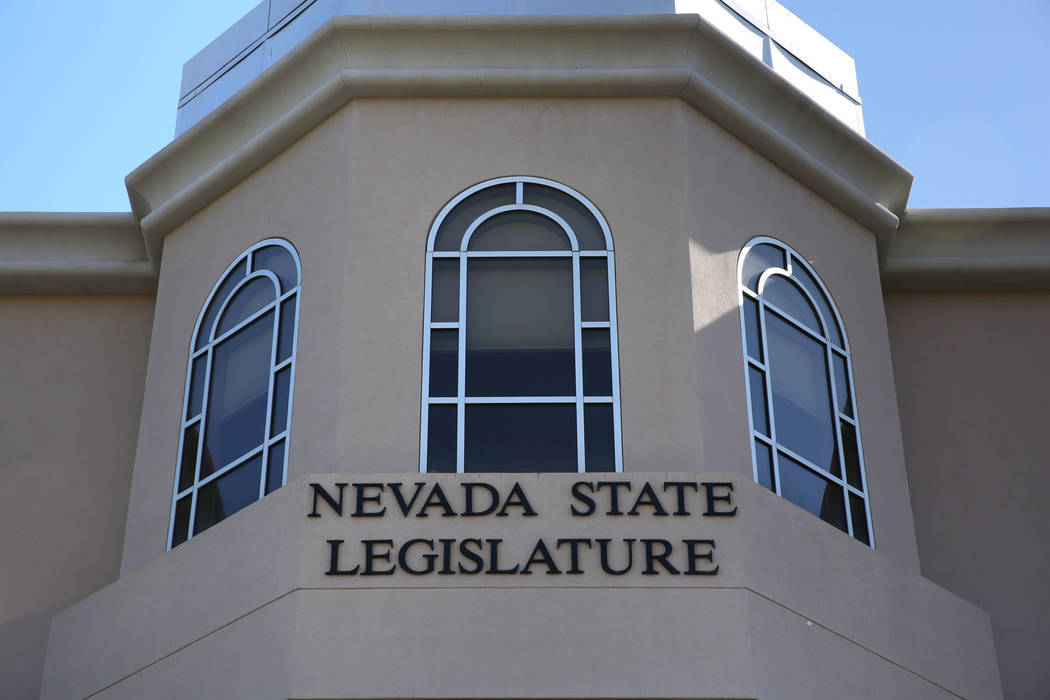Dennis Myers: It’s hard to tell campaign money from bribery
A couple of decades ago, the Nevada Legislature enacted a new tax on soft drinks. When that legislative session ended for the year, the beverage industry contacted one of the state’s high-powered lobbyists and asked how to get rid of the new tax.
There was nothing subtle about the lobbyist’s advice, but it was effective: Give lots of campaign contributions and then cash them in at the next Legislature. The next Legislature repealed the soft drink tax.
Every election it gets worse. It is easier and easier to see the way cash pays for influence, jobs, the enactment of laws, the defeat of laws.
Nearly everyone can cite instances in which campaign money works as bribery. Passing money through a bank account cleanses it legally but not in any other way. And on the rare occasions when prosecutions are brought, jurors and judges are hard-pressed to understand the difference between a bribe and a campaign contribution.
Forty years ago, an unsigned note in the Harvard Law Review read in part, “Though federal law prohibits the offenses of bribery and gratuity, the statutory language does little to set these offenses apart from the giving or receiving of legitimate campaign contributions and has left courts – and later congresses – to cope with the problems of drawing a clear distinction.”
Seven years ago, U.S. District Judge Myron Thompson of Alabama issued an opinion: “The Supreme Court needs to address this issue and provide guidance to the lower courts, prosecutors, politicians, donors and the general public. … Much ink has been spilled over the contours of campaign finance law. Far less attention has been paid to what actually constitutes a ‘bribe’.”
The Supreme Court has been no help. It has basically made bribery legal by taking ALL the wraps off on campaign spending.
In a rare instance of a successful conviction for campaign bribery of politicians, a Redflex corporate executive went to prison for bribing state legislators in the Midwest to approve traffic photo enforcement and buy Redflex red-light cameras. But that case was facilitated by her confession. PROVING bribery is more difficult.
So it goes on. At this year’s Legislature in Nevada, one of the most talked-about cases is payday loan legislation. Since the 2017 legislative session, Dollar Loan Center has given $17,000 to 16 Nevada candidates, Advance America gave $37,750 in 47 contributions to candidates and entities like party caucuses, Check City gave $38,650 in 25 contributions to candidates and one Democratic PAC (Leadership in Nevada), and Security Finance gave $23,000 to 27 candidates.
Dennis Myers is an award-winning journalist who has reported on Nevada’s capital, government and politics for several decades. He has also served as Nevada’s chief deputy secretary of state.

















